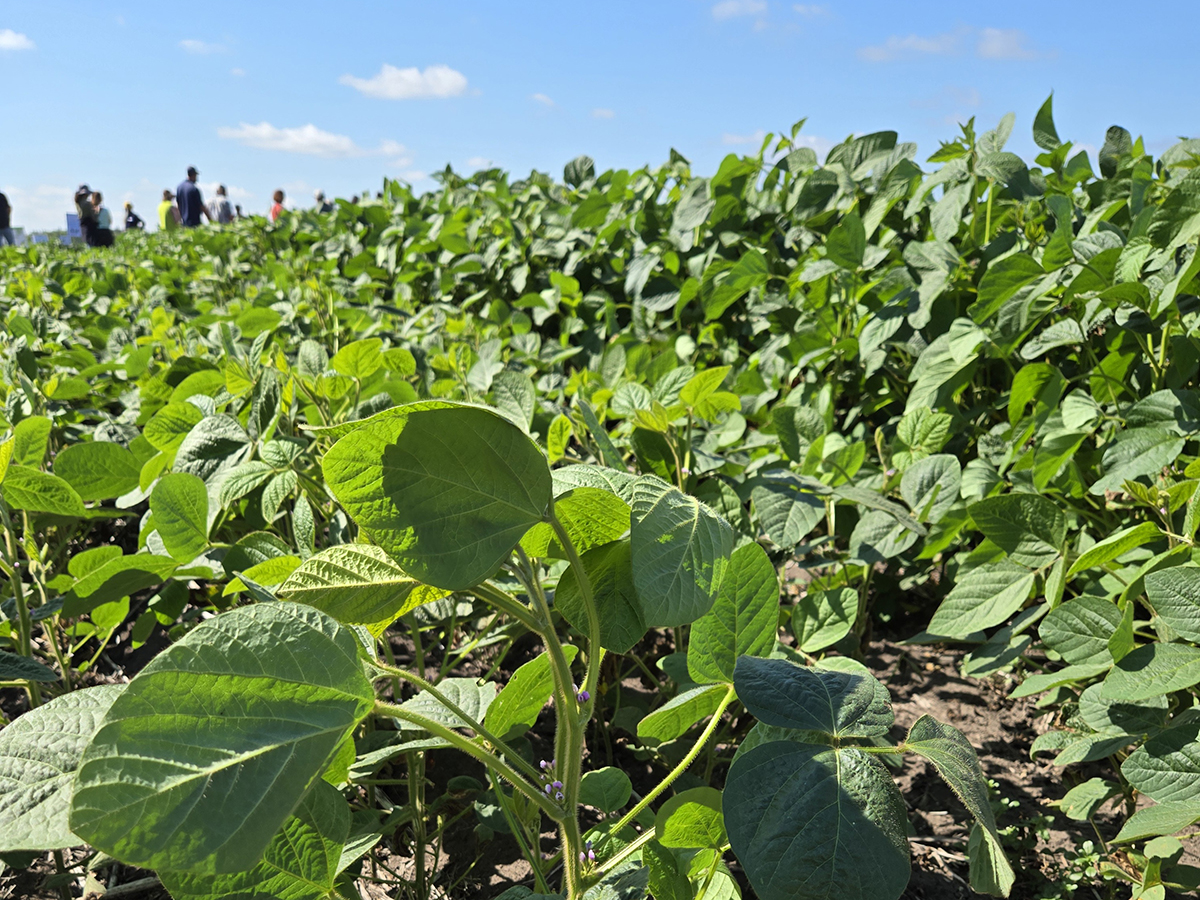Rural Canadians are almost split down the middle on whether they would support an increase in hog farming in their region.
According to an Environics International Ltd. report on Canadians’ views of the hog industry, people in Saskatchewan are most supportive of expansion, with 52 percent supporting an increase and 42 percent opposing.
In Alberta, 45 percent support it, while 46 percent oppose it. In Manitoba, 48 percent support an increase, while 43 percent oppose it.
Here are other highlights released by Agriculture Canada:
- Hog farming is seen to have the most negative environmental impact compared to cattle, dairy, fruit and vegetable and grain. But more Canadians are concerned about the impact of chemicals used on the farm than water pollution from livestock waste.
- Canadians perceive small- to medium-sized, family-owned farms to be more environmentally friendly than large corporate farms.
- Most say future farms will be more environmentally friendly than old or new barns.
- Canadians rate livestock odor as a less serious issue, but it’s one they expect to be handled promptly.
- If the industry can deal with issues like odor quickly, it may be able to build trust with Canadians.
- Most Canadians who oppose hog farming would accept growth if there were strong regulations and enforcement, but they also say new technology might help ease their concerns with the industry.
Read Also

Spider mites big soybean problem this season
Spider mite issues have been geographically limited but significant where they occur, said John Gavloski, an entomologist with Manitoba Agriculture.
That shows Agriculture Canada is moving in the right direction with its research strategies, said Carolyn Luce, environmental analyst with the department.
Twenty percent of Canadians who oppose hog farming say nothing would make growth more acceptable.
Environics conducted the random telephone survey between March 10 and April 7, 1998. Some questions were asked to 1,556 rural and urban Canadians. Most were asked to 857 rural Canadians.














